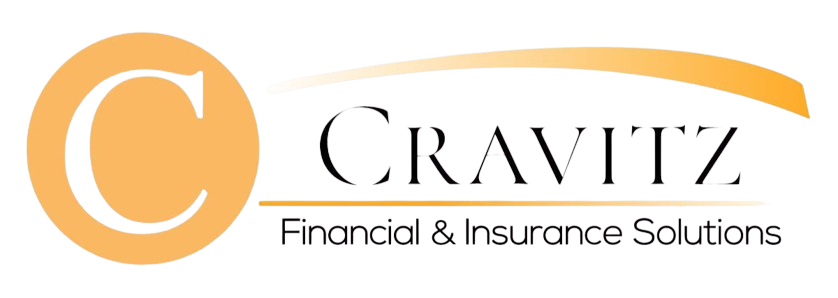It's not easy to determine exactly what you'll need to live on in retirement. That calculation is made even more difficult because there can be a few surprise expenses... and some penalties that can last a lifetime!
In this video, Ryan Cravitz and Erin Kennedy are breaking down some of those hidden penalties, in order of severity, starting with:
-the IRMAA Penalty
-the Medicare Part B & D Late Enrollment Penalty (this penalty is for life!)
-Inflation
-Taxes
Full Transcript:
Erin: Good to see you. Today, we are talking through the hidden and not-so-hidden fees, penalties, and taxes in retirement. It's not easy to determine what you'll need to live on in retirement. That calculation is made even more difficult because there can be a few surprise expenses and some penalties that can last a lifetime. So we are breaking down those hidden costs in order of severity. Let's start with the IRMAA penalty. Ryan, what is this?
Ryan: So, you have to pay a certain amount for Medicare each year for Part B and for Part D, but depending upon what your income is, you may have to pay more than the average person. If you're making a higher income or if your income was higher specifically two years prior, then you'll have to pay a higher amount for Part B and D this year; and this can come to surprise a lot of people. Sometimes you make decisions on maybe doing a Roth conversion or selling a position and now you get bumped up into a higher bracket, and now all of a sudden you're paying this penalty.
Erin: I see.
Ryan: Now, there are things that you can do to apply for waivers in certain situations, but you definitely do want to be aware of this.
Erin: Okay. Now, let's talk about the Medicare Part B and D late enrollment penalty. How do we avoid this one?
Ryan: Well, you want to make sure that you apply on time. So when you're eligible for Medicare, make sure that you take advantage, that you do go ahead and enroll. There are some exceptions where you don't need to enroll, like if you have credible coverage yourself or if your spouse does, and things like that; but there's different windows of time that you have to make sure that you adhere to. And if you need to enroll, make sure that you do. Otherwise, these penalties can be lifelong.
Erin: Ooh, yikes. All right. Now let's talk about our good old friend inflation. We can't avoid this, right, Ryan? But a lot people have never calculated what they'll need to live on in retirement. And for those who do, a lot of them just don't take inflation into account.
Ryan: It's so true. I mean, for many years there, up until a couple of years ago, I think inflation was just kind of on the back burner, and it certainly wasn't on the top of many people's minds. But as we can see here in this chart, we've recently seen inflation spike quite a bit. And historically, inflation was much higher than it was between about 2010 to about 2020, kind of in that time period right there. So we need to account for inflation in our planning. We know that the cost of living is going to increase over time. Sometimes it's going to go up faster than others. But just having a plan in place to account for that is really important.
Erin: Is key. Absolutely. Now, let's talk about taxes. Something that I know you love talking about, Ryan. They can be a huge expense in retirement without proper planning, especially if you have no tax-free money to tap.
Ryan: Yeah. It's so important when you're setting up yourself for retirement that you're thinking ahead as to which accounts that you're going to have and how are they going to be taxed, and then which accounts that you're going to withdraw from and when, based upon that, and blending that together so that you can minimize the taxes that you're going to have to pay over time.
One of the mistakes that I see people make is sometimes people do such a great job of saving in their 401k plans or other types of pre-tax retirement accounts, and it's almost like you've done too good of a job because now all this money here is all going to be subject to ordinary income tax, which could cause your social security benefits to become taxable. It could cause those IRMAA penalties that we talked about earlier. Right? So there's things that we need to account for there, and if we had other money that we could tap into that maybe was tax-free, that could keep us from having to pay more in taxes or having to pay those penalties and such.
Erin: Mm-hmm. And I know you mentioned a lot of strategies, including Roth conversions, to start those tax-free accounts. So, Ryan, if somebody has questions about anything we've covered or Roth conversions, what's the best way to reach you?
Ryan: Can call 714-462-9155, or can go to the website: CravitzFinancial.com.
Erin: All right. Ryan, thank you.
Ryan: Thank you.
